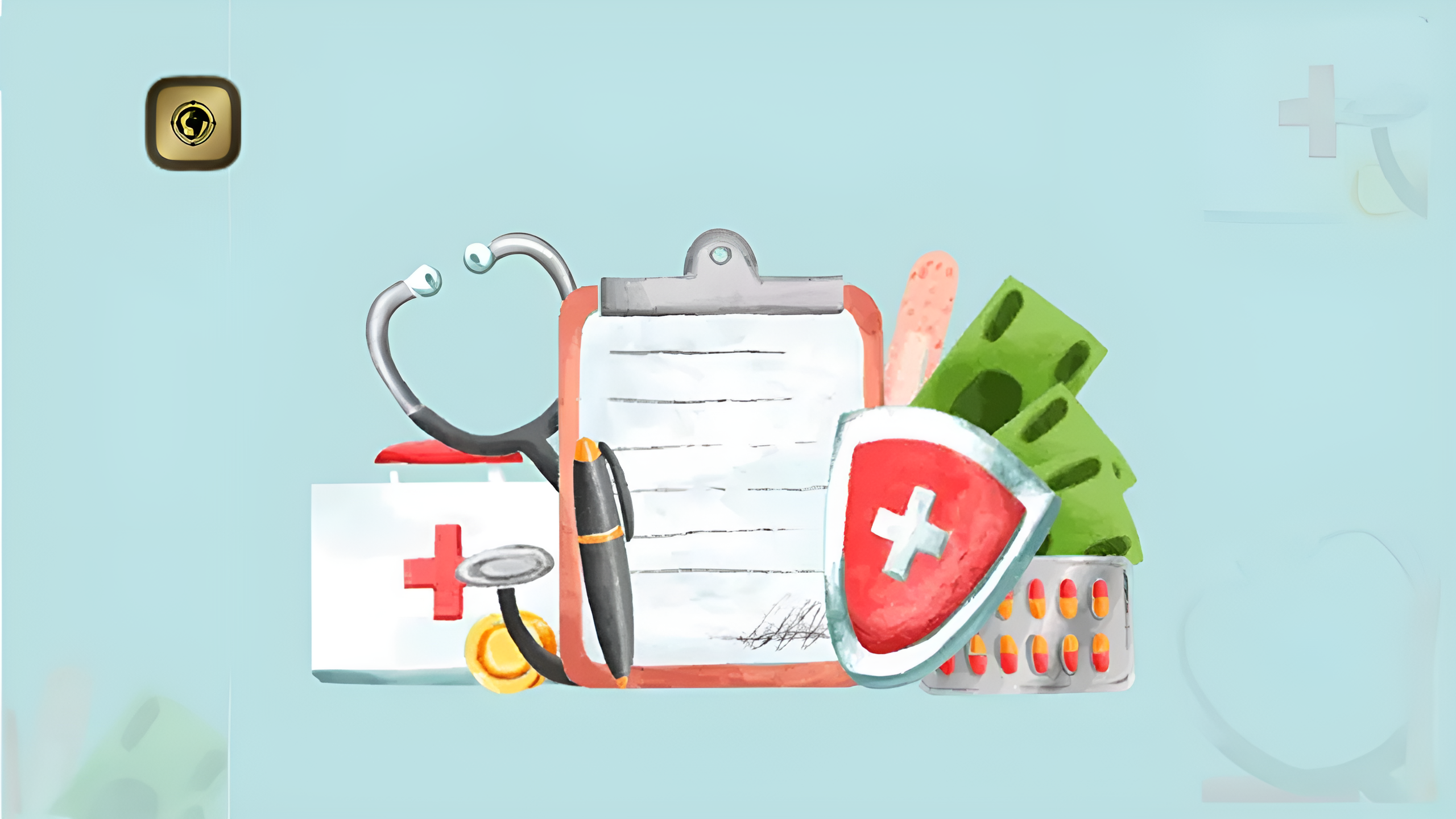April 11, 2025
Health Insurance: A Vital Investment
In today’s world, health insurance has become a necessity rather than a choice. With the rise in lifestyle-related diseases, more individuals are facing medical issues that demand regular treatment and care. Health insurance plays a critical role in protecting both your health and finances by covering the high costs associated with medical treatments. As healthcare expenses continue to rise, having a comprehensive insurance policy ensures you are not financially burdened during times of illness.
Understanding the Importance of Choosing the Right Plan
When selecting a health insurance policy, it’s important to consider several factors based on your personal and family health needs. These include age, existing health conditions, and financial capabilities. One of the key components to focus on is the deductible clause, which significantly impacts both the premium and out-of-pocket expenses.
What Are Deductibles in a Health Insurance Plan?
A deductible is the portion of medical expenses that the insured individual must pay out-of-pocket before the insurance coverage starts. This amount is predetermined in the policy terms and agreed upon at the time of purchasing the policy. Deductibles are applicable to both individual and family plans, and they directly affect the premium. The relationship between premiums and deductibles is inverse—a higher deductible means a lower premium, and vice versa.
High Deductible Health Insurance Policies (HDHPs)
High deductible plans require the policyholder to pay a significant amount upfront before the insurer begins covering medical expenses. While this increases the insured’s out-of-pocket cost, it significantly reduces the monthly or annual premium. This option is ideal for individuals who are generally healthy and want to save on insurance costs, but can handle unexpected expenses when needed.
Low Deductible Health Insurance Plans
On the other hand, low deductible health plans offer more accessible coverage with minimal out-of-pocket costs. These plans ensure that policyholders can start receiving benefits quickly, which is particularly useful for people who need regular medical attention. However, the trade-off is a higher premium.
High vs. Low Deductible Health Insurance: A Comparison
| Feature | High Deductible Plan | Low Deductible Plan |
|---|---|---|
| Deductible Amount | Higher | Lower |
| Premium | Lower | Higher |
| Out-of-pocket Costs (initially) | Higher | Lower |
| Access to Coverage | After deductible is met | Quicker access to coverage |
Advantages of Low Deductible Plans
Plans with lower deductibles are better suited for individuals or families who require frequent medical care. The main benefit is that you incur fewer out-of-pocket expenses when seeking treatment. While the premium may be higher, the peace of mind and ease of accessing healthcare services without financial hesitation often make it a worthy investment.
Benefits of High Deductible Plans
Choosing a high deductible plan can significantly reduce your insurance premium. However, it requires the policyholder to be financially prepared to cover a major portion of treatment costs before the policy coverage kicks in. This approach is often used alongside top-up or super top-up policies, which provide additional protection beyond a specified threshold.
Factors That Influence Deductible Amounts
Several variables can affect the deductible set in your health insurance plan:
- Age: Older individuals typically face higher premiums and deductibles due to increased health risks.
- Health Status: Those in good health may qualify for lower deductibles.
- Plan Design: Each insurance provider offers a range of plans with varying deductible options.
- Add-on Covers: Choosing optional riders or additional coverage may influence the overall deductible amount, depending on the added benefits.
Which Deductible Plan Should You Choose?
Deciding between a high or low deductible plan ultimately comes down to your personal circumstances:
- High Deductible Plans: Best for healthy individuals who prefer lower premiums and have savings to handle unexpected costs. For example, a young professional with no chronic conditions may benefit from such a plan.
- Low Deductible Plans: Ideal for those expecting frequent doctor visits or ongoing treatments, such as families with children or individuals with known health conditions. These plans offer more convenience and financial relief during regular healthcare needs.
Conclusion
Selecting the right health insurance plan is crucial for safeguarding your well-being and financial stability. Whether you opt for a high or low deductible policy depends on your health status, budget, and risk appetite. While high deductible plans offer cost-saving benefits, low deductible options provide immediate access to medical care with reduced out-of-pocket stress. Take time to assess your needs, compare options, and if necessary, seek guidance from a financial advisor to make the most informed decision. Ultimately, the best insurance plan is the one that fits seamlessly with your lifestyle and offers peace of mind during medical emergencies.



Leave A Comment